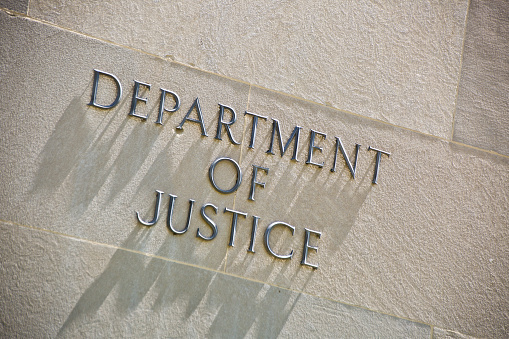
Brian Shanahan is a retired Supervisory Special Agent for the United States Department of Justice’s Drug Enforcement Administration (DEA). A supporter of women’s empowerment, former DEA agent Brian Shanahan attended a 2019 breakfast event hosted by the American Association of University Women (AAUW). He is a staunch proponent of the organization, which has been empowering women since 1881.
In addition to its educational, advocacy, and economic security support, the AAUW awards grants and fellowships to scholars. For the 2021-22 academic year, the organization awarded an unprecedented $5 million in grants and fellowships to 260 female scholars. This was I addition to $115 million in awards provided to 13,000 women since the program started in 1888. Astronaut Judith Resnik and historian Keisha Blain are some of the past recipients of AAUW awards.
These grants support the cost of professional and educational opportunities for girls and women around the world. This includes expenses related to traditional academic study, along with other related expenses, like transportation and childcare costs. AAUW grants reduce or eliminate the debt that women would otherwise accrue when pursuing these educational opportunities, a burden that disproportionately affects women and particularly women of color.
from WordPress https://ift.tt/3Ebk6i8
via IFTTT






